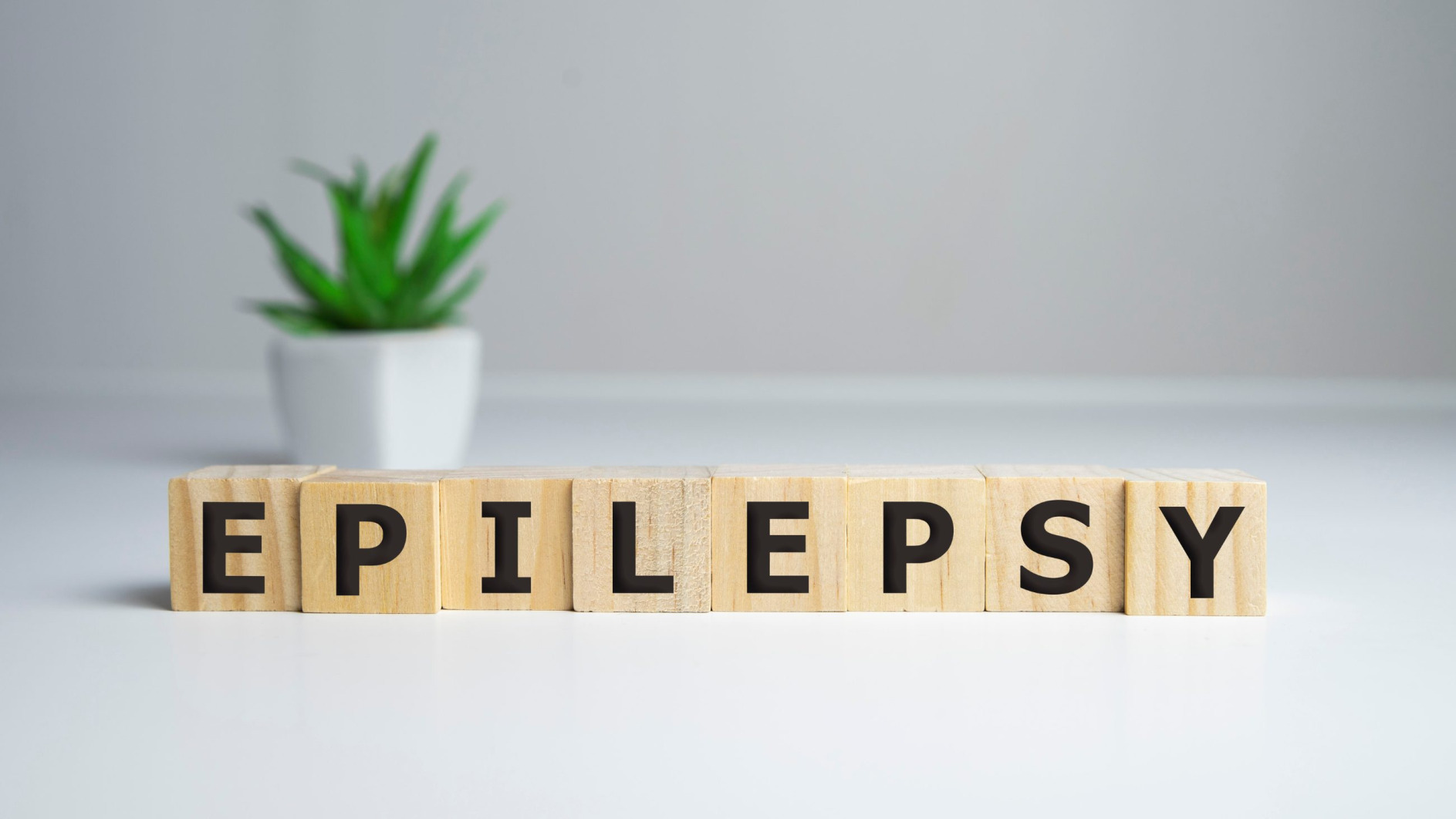
10 things you didn’t know about epilepsy
Written by Sharon Ross, who lives with epilepsy and is passionate about raising awareness of the condition
Sharon strongly believes in the importance of increasing awareness that epilepsy is not ‘just’ seizures but impacts on all aspects of life.
There are many different types of seizures and some of them are not obvious to the untrained eye.
The tonic-clonic seizure, previously known as grand mal, is what people typically think of when they hear the word seizure. During it, a person becomes stiff, falls to the ground and shakes convulsively. However, there are many other types of seizure. These can involve staring blankly for a few seconds, twitching or jerking, or muscles going stiff and the person falling to the floor without convulsions. It is possible to see someone having a seizure but not realise it.
Only 3% of people with epilepsy have seizures triggered by lights.
Other triggers include stress, a lack of sleep, not taking medications as prescribed, alcohol, illegal drugs and, in women, hormonal fluctuations as part of the menstrual cycle. Some people don’t know what their triggers are.
It can take a long time to recover from a seizure.
The impacts of seizures vary hugely from person to person. The most obvious impact is a physical injury related to a fall. There are, however, lesser-known impacts. One is the post-seizure phase, where a person can feel confused or tired. This may last for many hours or days. Another impact is anxiety, as the person and their carers can worry about the prospect of it happening again. For some people, the impact of a seizure is minimal.
Many people with epilepsy feel a loss of independence.
Often people with epilepsy have to plan their daily activities carefully. This can mean they aren’t as free to be spontaneous and may have to rely on the care of others. Some people with epilepsy are not allowed to drive. Losing a driving licence as a result of a medical condition can be distressing, and can even result in job loss.
Two-thirds of people with epilepsy have seizures that are controlled by medication.
For the remaining one third, there are treatments including surgery, brain stimulation and diet changes. The effectiveness of medication and other treatments vary from person to person, and side effects of medication or cognitive symptoms of the epilepsy can continue to impact health. There is no cure for epilepsy.
More people have epilepsy than multiple sclerosis (MS), Parkinson’s disease or Myalgic encephalomyelitis (ME).
Over 633,000 people in the UK have epilepsy. In comparison, 37,000 have multiple sclerosis (MS), 137,000 have Parkisons’, and 250,000 people have ME.
People with epilepsy are more likely to have economic challenges.
Research shows that epilepsy is more common in the homeless community and in areas of social deprivation. In addition Office of National Statistics data illustrates that only 34% of people with epilepsy are in employment, compared to 76% of the overall population. Those in work are more likely to be paid less than their non-disabled co-workers.
Comorbid health conditions are common among people with epilepsy.
Comorbid describes the existence of more than one condition in a person. Common comorbid conditions include bone health and fractures, stroke, migraine and attention-deficit hyperactivity disorder (ADHD). Various studies have shown that between 27% and 84% of people with epilepsy have at least one medical comorbid condition. In addition, there is a high incidence of cognitive impairment.
Given all of the above, it isn’t surprising that the likelihood of being depressed is much higher for people with epilepsy than for the rest of the population.
Around 1 in every 6 people in the UK will have depression. If you have epilepsy, your chance is about 1 in 3.
People with epilepsy (and their carers) are strong.
There are no statistics on this, but it is a fact. There is a saying, “You don’t know how strong you are until you have no choice”, and many people with epilepsy have faced the situation where they have had no choice but to be strong. Some others might feel that they don’t have the strength yet. But they will.

Categories: Advice, Campaigns, Guest blogs, News
Published: 17 January 2024















